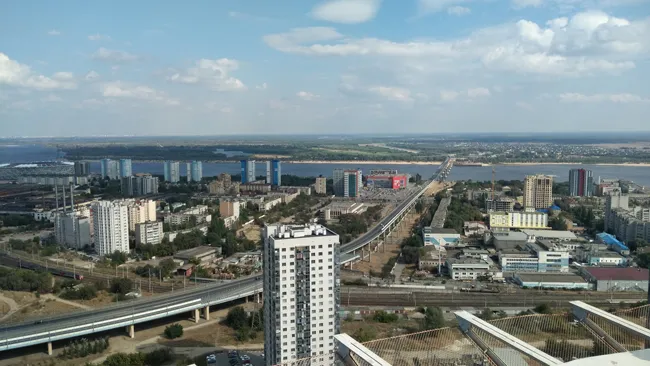Stockholm’s road transport system could cope with population growth if planned infrastructure improvements are implemented, according to the results of a study into two different ways of allowing road traffic to develop in the Swedish capital by 2030. The first option studied called Basic, which would allow road traffic development to continue as it is, indicates a 20% increase in car traffic in central areas of the city. The Green alternative, where politicians apply policy instruments to reduce road traff
February 15, 2013
Read time: 1 min
Stockholm’s road transport system could cope with population growth if planned infrastructure improvements are implemented, according to the results of a study into two different ways of allowing road traffic to develop in the Swedish capital by 2030.
The first option studied called Basic, which would allow road traffic development to continue as it is, indicates a 20% increase in car traffic in central areas of the city. The Green alternative, where politicians apply policy instruments to reduce road traffic, indicates a 6% reduction in car travel and a 23% increase in public transport use.
The study’s findings will now be presented to policy makers in Stockholm City Hall.
The first option studied called Basic, which would allow road traffic development to continue as it is, indicates a 20% increase in car traffic in central areas of the city. The Green alternative, where politicians apply policy instruments to reduce road traffic, indicates a 6% reduction in car travel and a 23% increase in public transport use.
The study’s findings will now be presented to policy makers in Stockholm City Hall.









